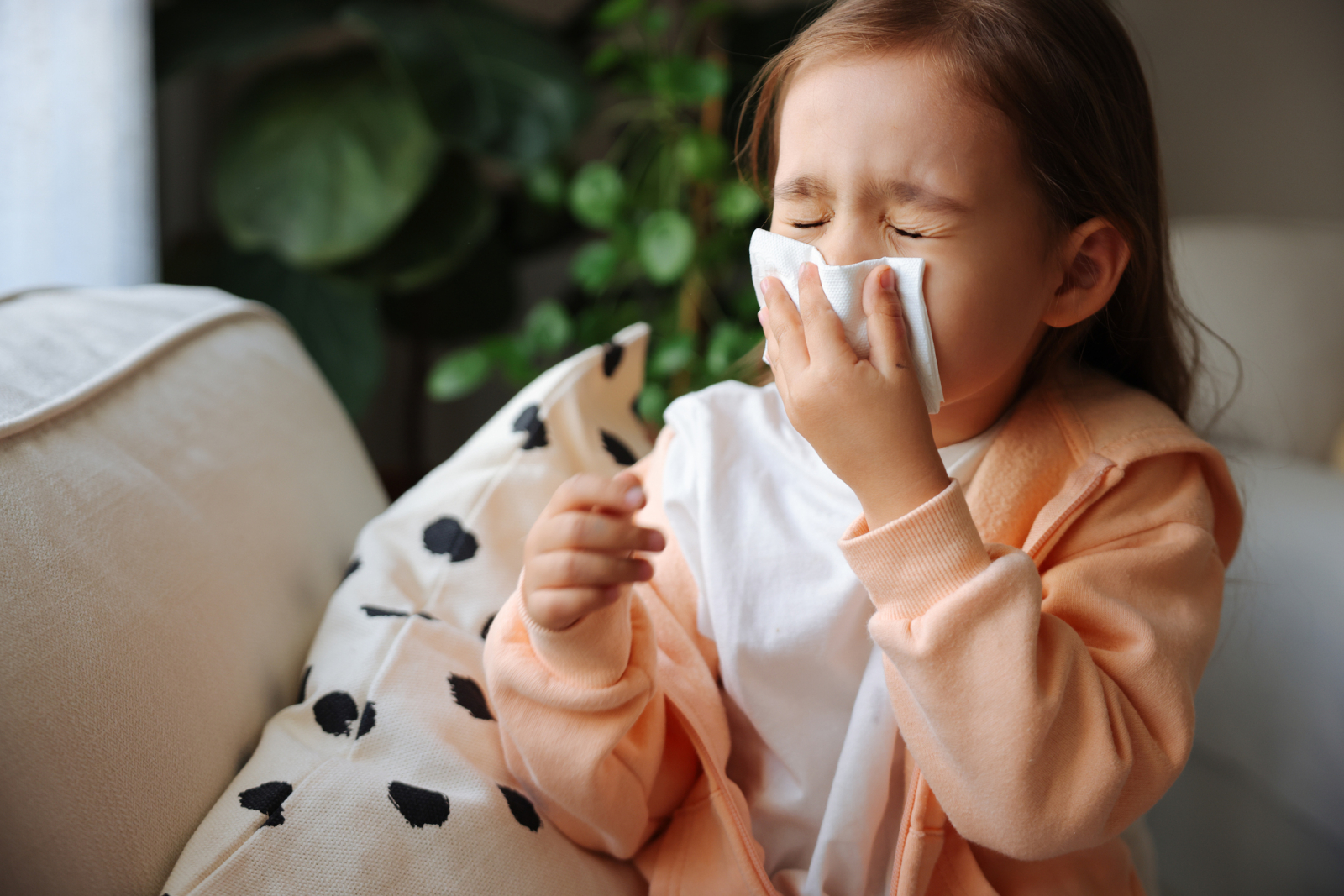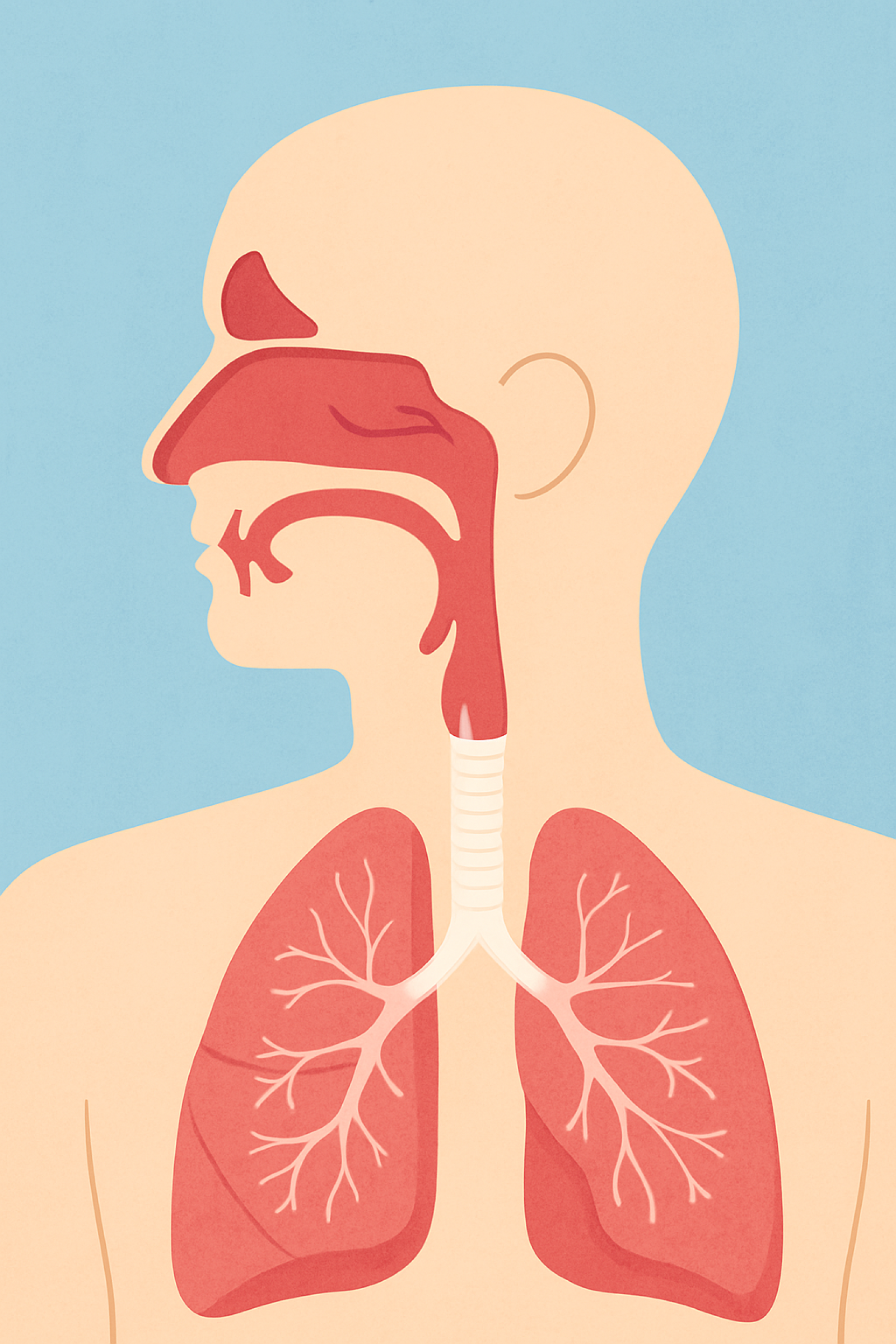Does it feel like allergy season is getting longer? Like your patients just can’t shake the runny nose, itchy eyes, and post-nasal drip? Dr. Juanita Mora, physician and CEO of the Chicago Allergy Center and member of the American Lung Association’s board of directors, confirms what many providers suspect: allergy season really is longer. Sixty-two days longer, in fact!
“Allergy season, on average, is now 62 days longer per year due to the effects of climate change,” Dr. Mora explains. “This means allergy season begins earlier and lasts longer.”
For the 1 in 3 individuals who have allergies, that translates into more days of congestion, cough, chronic sinus and ear infections, and an overall sense of being stuck in mucus.

The longer season also means allergists and immunologists are seeing more sinus infections, respiratory infections, and asthma exacerbations.
“I have started more people on allergen immunotherapy or allergy shots this year than any other,” Dr. Mora says. “I have also had to adjust and optimize allergy and asthma medications, including starting biologics in patients with allergic asthma.”
A more intense allergy season is driving higher rates of asthma flare-ups, hospitalizations, emergency department visits, and oral steroid use than in the past.
Identifying Risks and Red Flags
 Dr. Mora notes that there are several signs that patients’ allergies are worsening or contributing to respiratory infections:
Dr. Mora notes that there are several signs that patients’ allergies are worsening or contributing to respiratory infections:
- Recurrent sinus or ear infections
- Dry cough that occurs every spring or fall
- Increased asthma attacks triggered by seasonal allergy symptoms
“Uncontrolled seasonal allergies put people at risk for more respiratory infections and asthma exacerbations,” Dr. Mora adds. “We have to remember that, from the sinuses to the lungs, it’s one airway.”
Breathe easier knowing there are resources out there to keep your lungs healthy.
In late summer and into fall, asthma, respiratory infections, and allergies often overlap, creating compounding symptoms. Populations at highest risk include:
- Young children
- People with underlying lung disease (such as asthma, COPD, and emphysema)
- Immunocompromised individuals
- Adults over age 65
Prevention Strategies and Early Intervention
How can patients reduce complications and flare-ups during a longer, more intense allergy season? Early preparation is crucial.
“Start allergy medications early,” Dr. Mora says. “Antihistamines, steroid nasal sprays, nasal saline washes, and controller asthma medications can all help keep lungs healthy during allergy season.”
In addition to medication, patients can take practical steps like:
- Sleeping with the windows closed
- Monitoring pollen counts
- Carrying a rescue inhaler
- Showering after spending time outdoors
- Visiting an allergist before allergy season to optimize treatment

“Patients should also make sure to be up to date with vaccines for the flu, COVID-19, and, if eligible, respiratory syncytial virus (RSV) to stay healthy during respiratory viral season,” Dr. Mora adds.
Allergy testing and treatment go hand-in-hand. Preparing for allergy season is just as important as maintaining lung health.
“I always tell my patients: It’s all one airway! Let’s work on keeping noses, sinuses, and lungs healthy this season,” Dr. Mora says.
Collaboration and Adherence
Along with prevention and early intervention, collaboration between providers and specialists is key.
“My advice to my colleagues is to work in partnership with your specialists (allergists) to keep patients healthy and safe,” Dr. Mora says. “That means referring patients early, when allergies start affecting their quality of life, referring patients with asthma early to identify triggers, and optimizing treatment and referring patients with recurrent infections, as uncontrolled allergies may be underlying triggers for recurrent infections.”
For additional resources, providers can visit Lung.org, which offers great information about asthma and allergies, including triggers, environmental factors, asthma zones, emergency asthma plans, and vaccine recommendations during respiratory season.
Allergy season may be longer and more intense, but providers possess the tools to help patients stay ahead of symptoms and avoid complications. By recognizing red flags early, encouraging preventive strategies, and collaborating with specialists, clinicians can reduce asthma flare-ups and respiratory infections during peak allergy months. As Dr. Mora reminds us, “It’s all one airway,” and keeping it healthy is key to helping patients breathe easier all season long.


